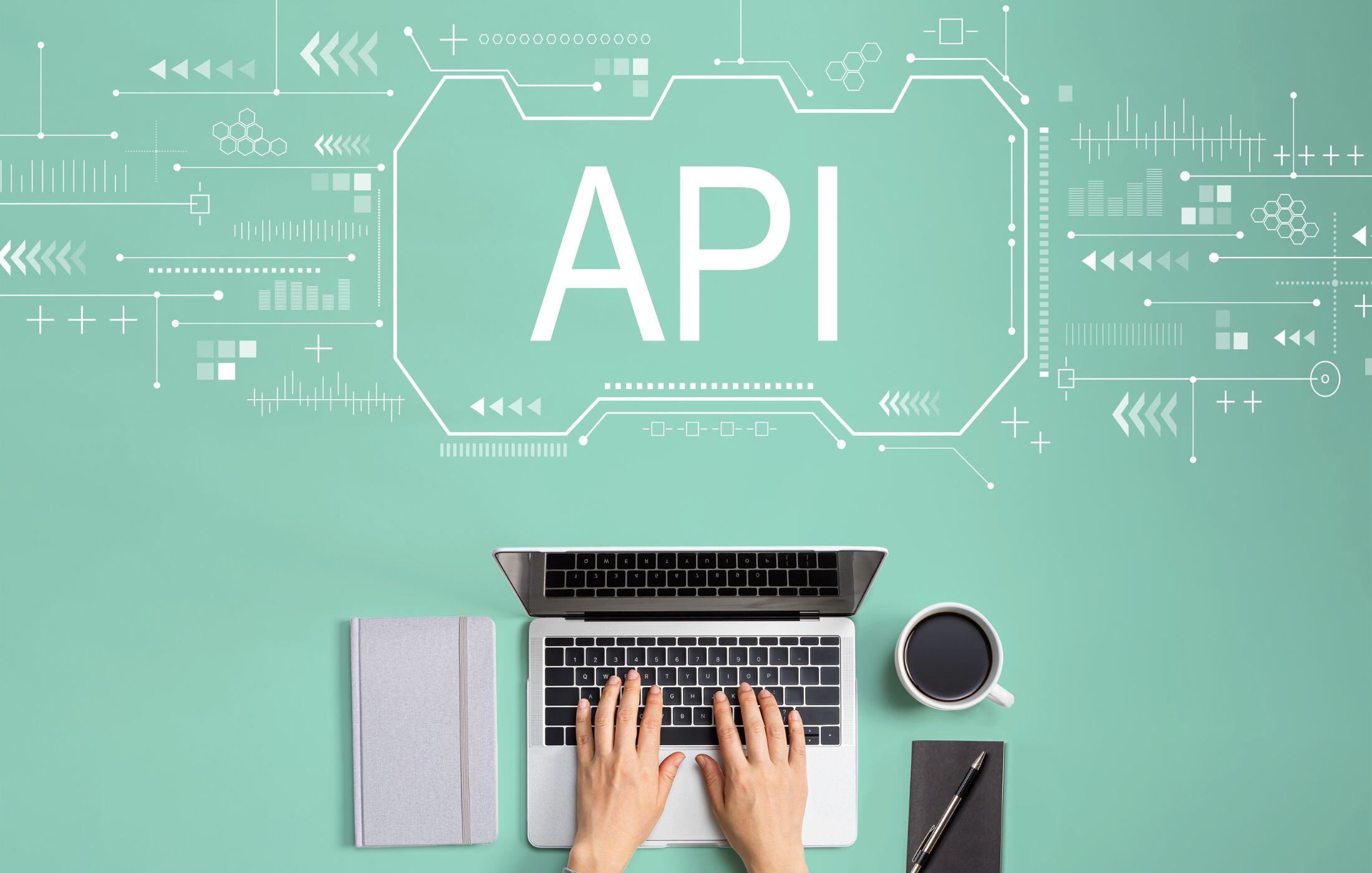If you're a business owner or a marketing and sales leader, chances are you've spent a lot of time thinking about, stressing about (don't!), or tinkering with AI tools. Who among us hasn't prompted ChatGPT out of curiosity to test its capabilities and hope it would magically generate the perfect results?
As AI tools like ChatGPT surged in popularity, the topic of conversation instantly jumped to leveraging AI for marketing content creation. Don't get us wrong, this is still a valuable aspect of AI's capabilities, but it's also just one very limited feature of AI's capabilities for streamlining marketing and sales efforts.
Let's broaden our AI horizon outside of content creation (we'll cover that too) and start thinking about using AI for:
Marketing: A/B Testing and Recommendations
If you've ever done A/B testing or even run a Meta ad then, guess what, you've already used AI! One of the foundational components of AI is its ability to process massive amounts of data and quickly pick up on trends. That's the underlying premise of A/B testing - processing how users interact and responding accordingly. From A/B testing to audience development, lean into AI's ability to analyze and prioritize what's working and what isn't.
As a quick shoutout to sales: consider using AI to analyze your meeting outcomes, keywords, and sales calls too.
You can also use AI to make content, performance, or product recommendations based on datasets such as your CRM, audiences, or purchasing behaviors. Try using Google's Recommendations AI to make personalized recommendations based on their preferences.
Marketing and Sales: Content Creation

There's already been a lot of chatter about this one but it's still worth diving into further to expand the way you're using AI. Don't forget about sales when it comes to content creation! Marketers jumped into AI for predictive text generation for email, landing pages, and social posts, but BDRs and SDRs can still lean into AI for their sales content needs too.
Try using AI to create content for:
- Sales prospecting emails and outreach
- Call scripts
- LinkedIn content
- Rep-specific landing pages
- Case studies
- Chat responses for lead qualification
It's important to remember that any predictive text AI tool needs proofreading, editing for a human element, and fact checking. AI's content creation abilities will certainly improve over time, but it's important to remember that your generative results won't necessarily be factually true. Your ability to prompt and edit are still crucial!
There are a lot of AI writing tools out there like ChatGPT, Jasper, and HubSpot's built in a number of AI features directly into the marketing and sales tools.
Sales: Lead Generation and Qualification
Aside from creating content, AI can play a huge role in streamlining sales efforts. Remember, AI is fantastic for simplifying and identifying trends in large data sets which means AI is great for gathering lead intelligence and helping you qualify those leads.
If you have a list of ideal customers in your CRM you can use AI to create a profile of ideal customers as well as their purchasing preferences, platforms, etc. You can also automatically segment customers or prospective customers based on your list criteria or activities.
AI is also great for researching and summarizing competitive analysis as well as prospect research - reducing what could've taken 10-20 minutes of prep before a sales call down into 1-5 minutes.
Lead qualification and data enrichment are another great opportunity to lean into AI's capabilities. Consider factoring AI into your sales efforts with:
- Predictive lead scoring
- Data enrichment platforms like Crystal Knows, Cognism, Seamless AI, and many more
Of course, this doesn't even scratch the surface of AI's capabilities.
But, it's critical to start ethically incorporating AI into your processes to better automate and accelerate your efforts. It might feel overwhelming at first, but start slow with a couple of the suggestions outlined above and figure out what works best for you and your team.
With the rapid changes in AI's capabilities, there's going to be even more that's possible with AI tools down the road. Becoming comfortable with building AI into processes now lays the foundation to keep tweaking, iterating, and optimizing as AI improves.



